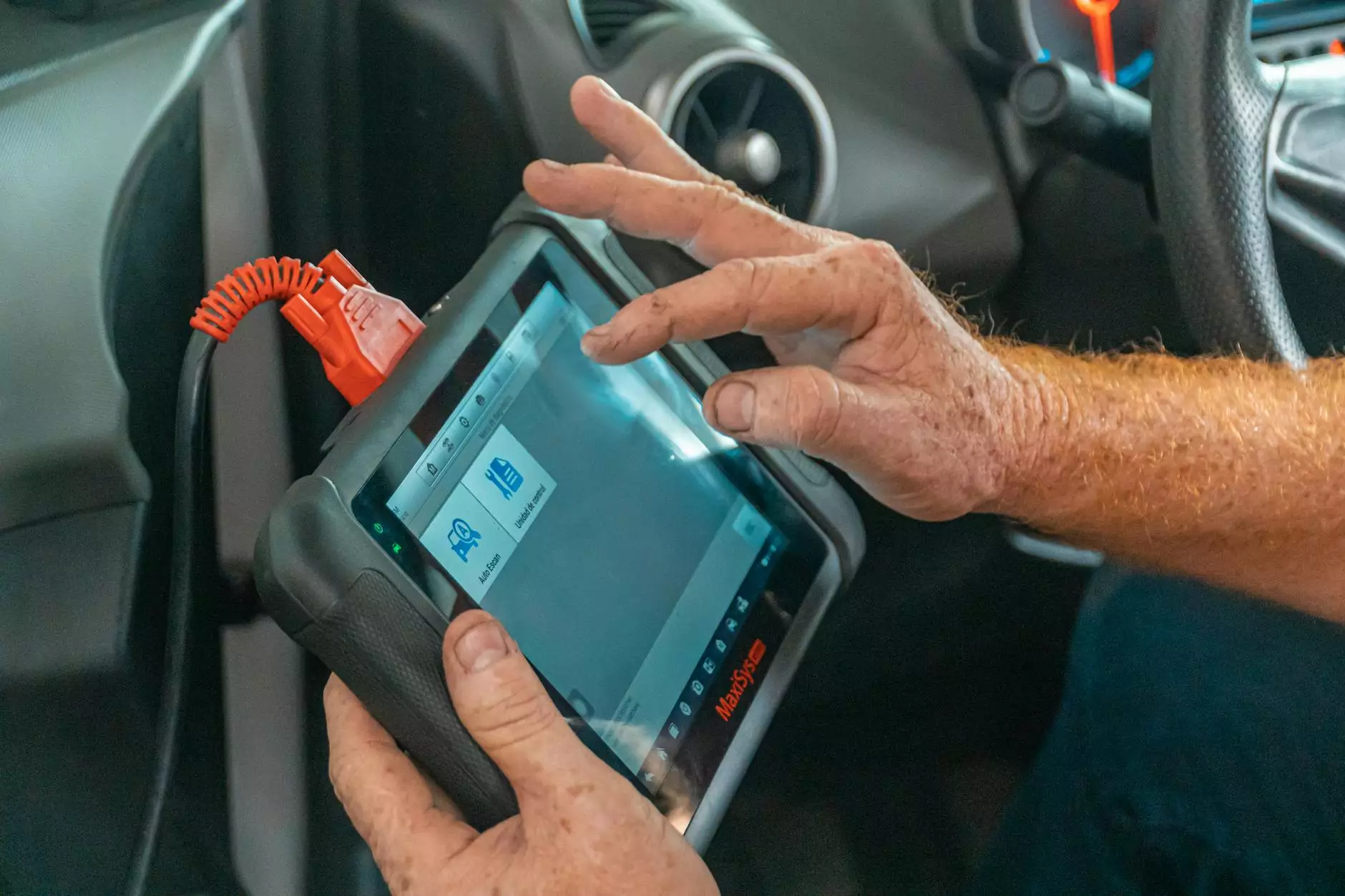Definition of the term Amperage
Services Offered
Understanding Amperage
Amperage, also commonly referred to as current, is a fundamental concept in electrical systems. It measures the flow of electric charge through a conductor, such as a wire. This flow is essential for the operation of various electrical devices and systems, making an understanding of amperage crucial in the field of electrical engineering. In this comprehensive guide, we will delve into the intricacies of amperage, covering its significance, units, calculations, and applications.
The Significance of Amperage
Amperage is a critical measurement when it comes to assessing the performance and safety of electrical systems. It allows professionals, like those at Nicholas Home Inspection & Consulting, to determine the amount of current flowing through a circuit and identify any potential issues. By understanding amperage, businesses and consumers alike can ensure the efficient and proper functioning of their electrical infrastructure.
Amperage Units and Conversions
Amperage is typically measured in amperes (A), named after renowned French mathematician and physicist André-Marie Ampère. It represents the number of electrons passing through a conductor in one second. For larger currents, multiples of amperes, such as kiloamperes (kA) and milliamperes (mA), are often used.
Converting between different units of amperage is straightforward. To convert amperes to kiloamperes, divide the value by 1000. Conversely, to convert kiloamperes to amperes, multiply the value by 1000. For smaller currents, converting amperes to milliamperes involves multiplying the value by 1000, while converting milliamperes to amperes requires dividing by 1000.
Calculating Amperage
When dealing with electrical circuits, calculating amperage is necessary to determine the load and ensure safety. The formula for calculating amperage is:
Amperage (A) = Voltage (V) / Resistance (Ω)By rearranging the formula, we can also calculate the voltage or resistance given the amperage value. This equation forms the foundation for various electrical calculations and serves as a valuable tool for professionals in the industry.
Applications of Amperage
Amperage plays a crucial role in a wide range of applications, some of which include:
- Power distribution systems in residential, commercial, and industrial settings
- Electrical appliances and equipment
- Renewable energy systems such as solar panels and wind turbines
- Electric vehicles and charging stations
- Electronics and circuit boards
Understanding the specific amperage requirements and limitations of these applications ensures their efficient and safe operation.
Trust Nicholas Home Inspection & Consulting
When it comes to expert insights in the field of amperage and electrical systems, trust Nicholas Home Inspection & Consulting. As a leader in the business and consumer services - consulting & analytical services category, we bring years of experience and knowledge to ensure the integrity and safety of your electrical infrastructure. From residential inspections to commercial consultations, our team of professionals is dedicated to providing accurate assessments and valuable recommendations.
Contact Nicholas Home Inspection & Consulting today to benefit from our expertise in understanding and optimizing the amperage requirements of your electrical systems.




